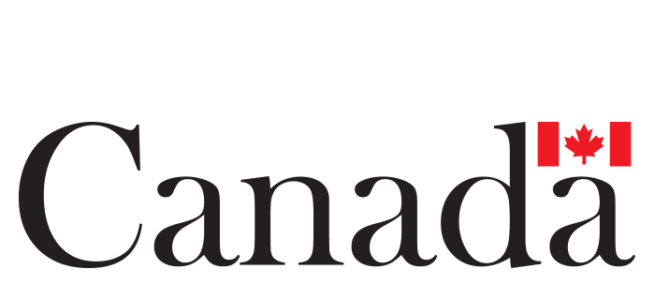August 18, 2020
Edmonton Epilepsy Association creates a full schedule of virtual programming, including a new service that allows them to check in with their 160 members.
For those living with epilepsy, social isolation during the pandemic feels like being trapped in a bubble.
People with epilepsy, a rare neurological disorder that causes seizures, rely on the help of others to live a normal life. Many feel isolated in the best of times, and having epilepsy often means not being able to have a full-time job or to drive a car.
The pandemic has escalated those challenges by closing down the supports they may need.
“Our members already by default are in more of an isolation situation,” said Valeria Palladino, Executive Director of the Edmonton Epilepsy Association (EEA). “COVID added another layer of isolation to their whole world experience.”
The EEA, an organization that promotes improved quality of living for people with epilepsy, knows how important face-to-face interaction is for its members. Before the pandemic, the EEA held networking programs, community kitchen events, bingo nights, and barbeques for its members.
A $7,900 grant from Edmonton Community Foundation went toward adapting core services of the EEA to ensure members are still receiving the same level of support in these unusual times.
“Serving people who are already isolated by illness changed suddenly when the pandemic arrived in Edmonton,” Craig Stumpf-Allen, ECF’s Director of Grants and Community Engagement says. “The EEA couldn’t host face-to-face gatherings anymore but quickly developed a suite of programs to keep their members active and engaged.”
EEA created a schedule of virtual events and programming to keep members connected from July until December.
The adapted programming includes the Community Garden Program and the Community Kitchen Program. The EEA office has eight garden plots for families to tend to while practising social distancing. The Community Kitchen Program will host three cooking sessions for members to follow along. Six families will be provided with meal kits and all members will have access to the recipe and the video.
One of the newest programs implemented is called Members Connect. The goal of Members Connect is to check in with all 160 current members to increase the connections between the EEA and its members. So far, 100 members have been contacted.
“We knew these programs that we were able to modify wouldn’t have the same impact,” Palladino said. “But it’s something that still says, ‘We’re here for you.’”
A podcast series and social media virtual gathering are also included in the EEA’s new online programming.
The Government of Canada’s $350-million Emergency Community Support Fund aims to help charities and non-profit organizations adapt and increase frontline services for vulnerable populations during COVID-19.
Together, the Canadian Red Cross, Community Foundations of Canada and United Way Centraide Canada are collaborating with the Government of Canada to flow ECSF support to those who need it most right now.
“We are extremely grateful,” Palladino said about the support from ECF and its partners.
For those living with epilepsy, the modified programming will make their world feel a little more normal in these unprecedented times.
Learn more about the Emergency Community Support Fund.
The Emergency Community Support Fund
Funded by 